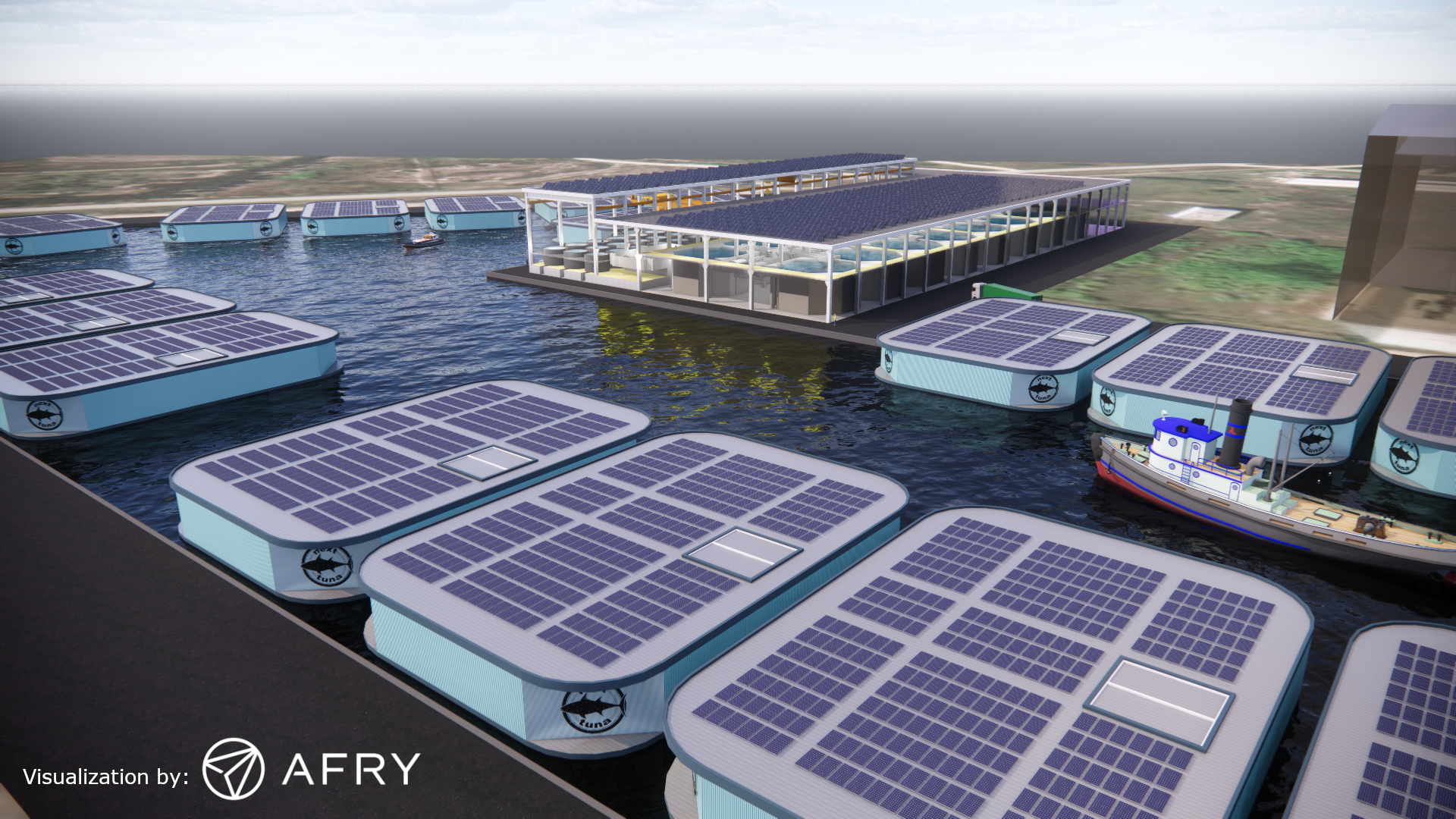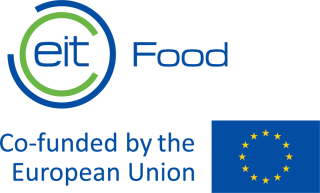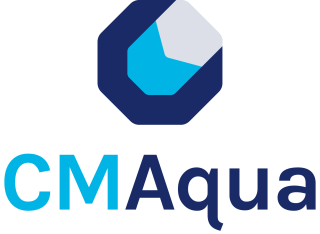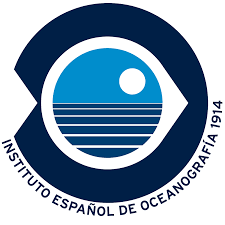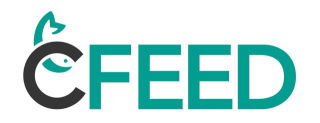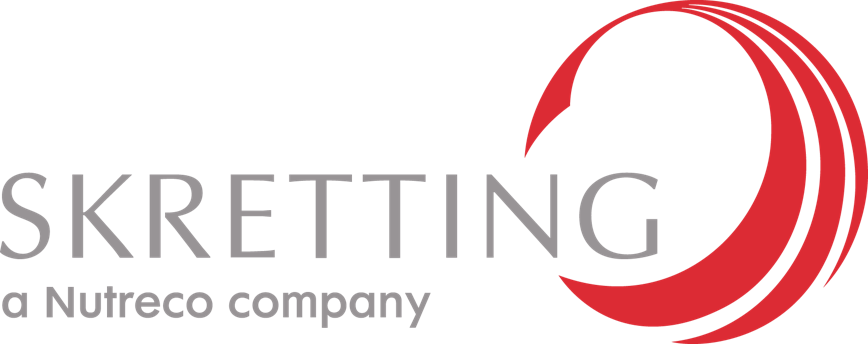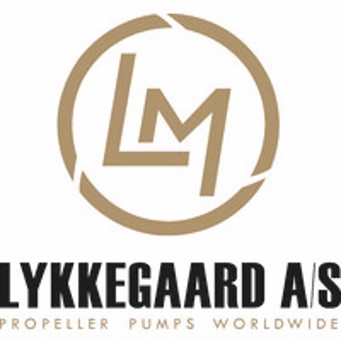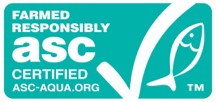At the Helm of Next Tuna Are a Team of
Dedicated, Industry Professionals
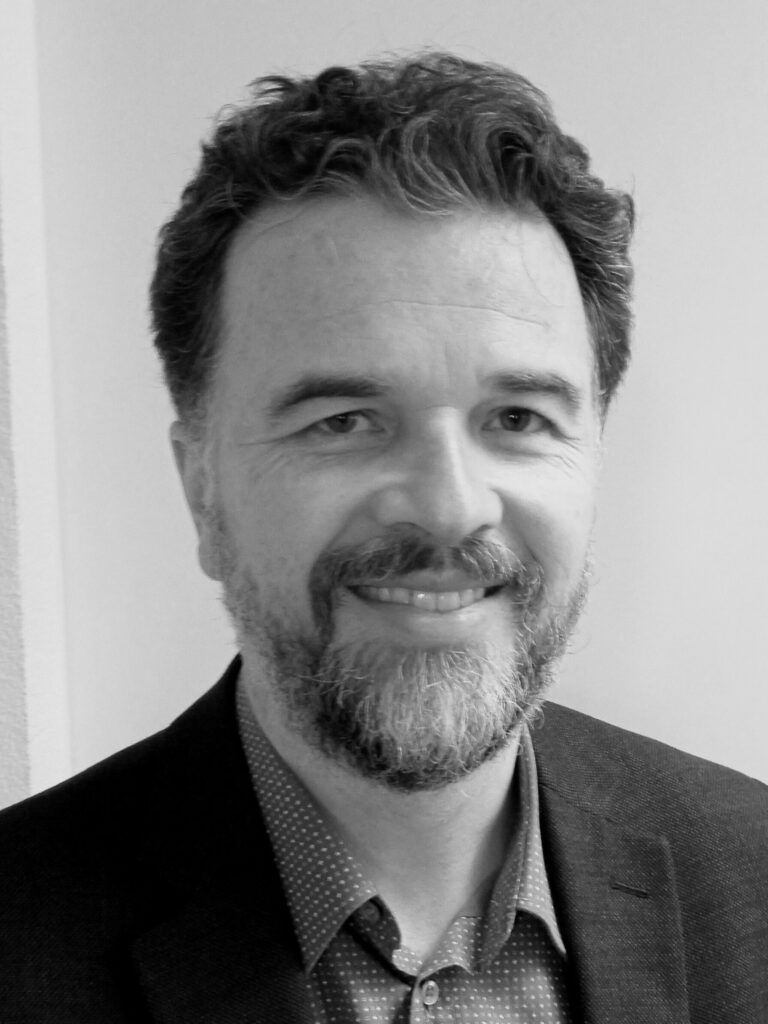
Dr. Paul-Daniel Sindilariu
Founder & CTO
Paul’s 20+ years of extensive experience in designing and managing fish farms positions him perfectly to lead NT to success. He holds a Ph.D. in aquaculture and an MBA. At NT Paul plays a key role in leading the project, with a focus on design, construction, and R&D.

Andrew Eckhardt
Co-Founder & CEO
Andrew is a CFA and has been involved in infrastructure finance for nearly 15 years. As banker and as financial adviser, he has raised several billion EUR for projects across the globe. Andrew manages NT finances, leads fund raising and strategy.

Jan Giebichenstein
Co-Founder
Jan is an expert in tuna reproduction and breeding with a MSc in Biology. He
has experience in cutting-edge research programs around ABT, in hatchery technology, and early-stage nutrition of fish larvae across all major aquaculture species.

Sara Morales
Co-Founder
Sara holds an MBA and has 20 years of experience in seafood industry sales & marketing. She secures rights, permits and subsidies for NT, and will manage the Spain facility, sell our products, and work alongside two dedicated RAS production specialists,
